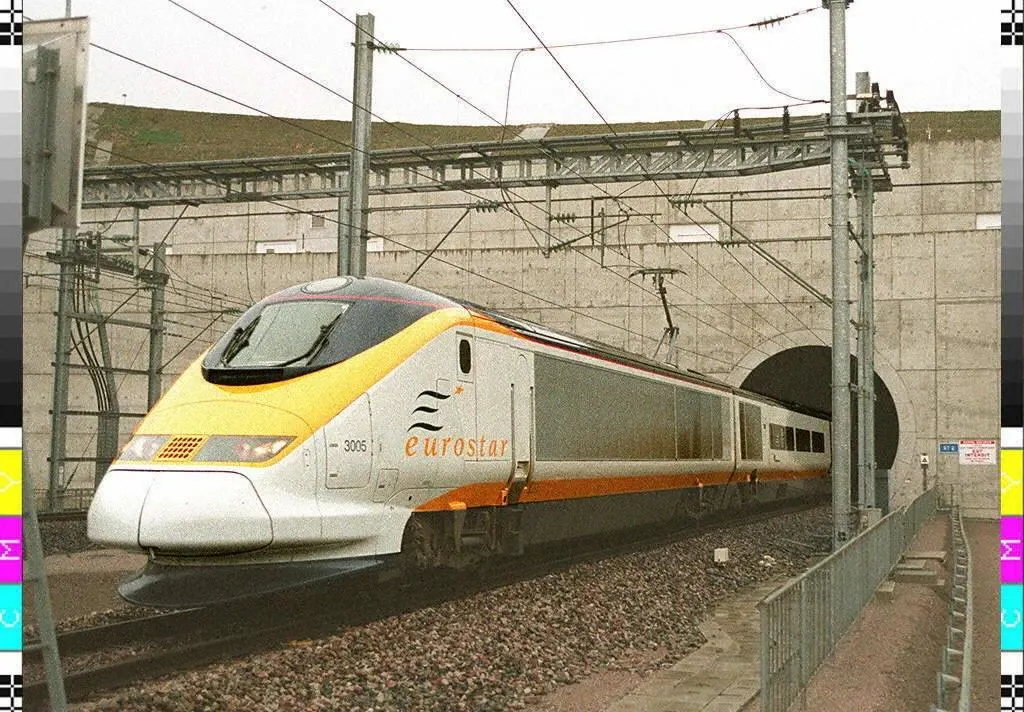There is a good chance that travelers will be able to board a high-speed train in Madrid and travel from Spain to the Moroccan city of Casablanca in five and a half hours, through a new tunnel under the Strait of Gibraltar, says U.S. Forbes magazine.
Spain and Morocco are now reconsidering this ambitious undertaking, spurred in large part by the approaching 2030 FIFA World Cup, adds the magazine.
For the first time, three countries from two continents will host the competition: Spain, Morocco, and Portugal. Fans will want to travel between these countries for matches as quickly and efficiently as possible.
The rail link undertaking via Gibraltar strait was first discussed by Morocco and Spain in 1979. The two countries even did feasibility studies through 1981, but the project failed to progress beyond that point.
However, with the 2030 world cup, the underwater rail tunnel link project between Europe and Africa is gaining momentum, says Forbes magazine, citing in this regard the new studies launched separately by the Moroccan National Company for Strait Studies (SNED) and Spanish Society for Fixed Communication Studies across the Strait of Gibraltar (SECEGSA).
According to projections, the tunnel, to link the railway networks of Spain and Morocco, could carry 12.8 million passengers per year. Some experts say the underwater section of the tunnel would span 28km at a maximum depth of 475m, connecting Punta Paloma, west of Tarifa, with Malabata in northern Morocco, just east of Tangier. The cost of the construction of two tunnels (plus a third service tunnel) is estimated at € 8 billion.
It would also be an important trade crossing, with the potential to transport 13 million tons of cargo between Africa and Europe. The project would reduce travel times between Madrid and Casablanca to just 5.5 hours. Currently, flights take around two hours, and driving – including a ferry crossing – eats up about 12 hours.


